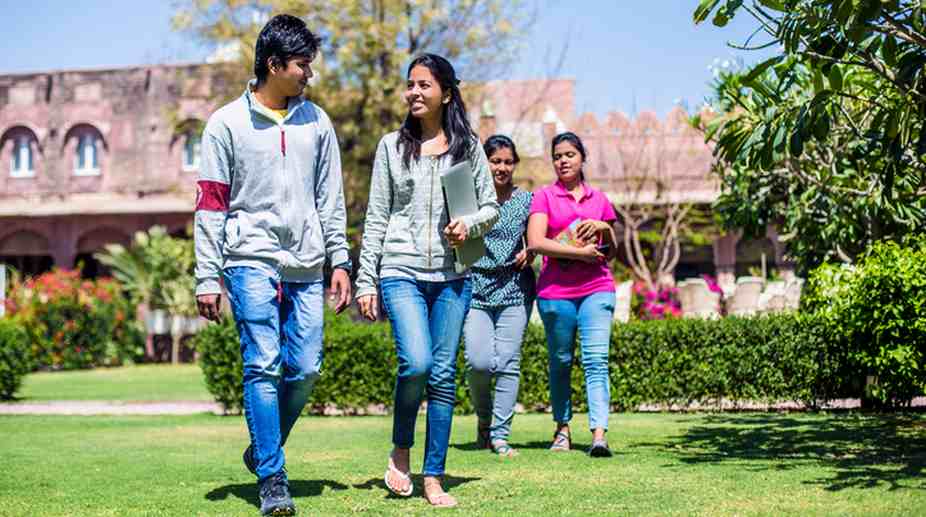The Embassy of the Republic of Korea in co-operation with Centre for East Asian Studies, School of International Studies, Jawaharlal Nehru University, held a seminar on “Korean Unification Issue in the Changing Regional Dynamics”, at JNU, recently.
Making the inaugural remarks, Lee HaiKwang, charge d affaires, embassy of the Republic of Korea, New Delhi, appreciated the strong interest of Indian people in Korean unification issue. Beyond the four major powers such as the US, Japan, China and Russia, India is also emerging as fifth power with the potential to play important role in facilitating the reunification.
However, the primary concern of their government at this moment is to lessen the tensions on the Korean peninsula and establish enduring peace and the reunification will be the next natural course. Two young professors Cho Young-Chul, Chonbuk National University, South Korea; and Paik Woo-Yeol, Yonsei University, South Korea, made powerful presentations, giving a perspective on the reunification issue.
In his presentation, Young- Chul underscored the need to view North Korea from a perspective different from that of the Western so as to understand that country, its leaders and the regime. According to him, South Korea does not desire North Korea’s collapse and does not want to work towards unification through absorption.
What it seeks is the establishment of peace and once that is done, unification will come naturally. Woo-Yeol talked about evolving Korea-India relations and argued that priorities and goals of Korean president Moon Jaein’s Northeast Asia Plus Responsible Community and Indian prime minister Narendra Modi’s Act East Policy converge, giving the two countries solid grounds to work together to meet common security concerns. As for the role of India in establishing peace on the Korean peninsula and eventual unification, there is scope for two countries to work together to achieve these goals.
Former ambassador to Korea, Skand R Tayal, commented that the new regional order in East Asia is yet to emerge and argued for a multi-polar order in the region. According to Sandip K Mishra, Centre for East Asian Studies, said that Korean unification is viewed as bilateral problem and a regional issue for four big powers.
He further said that except South Korea, other involved parties are not keen for reunification. The seminar ended with question and answer session in which the participants showed a lot of interest.











